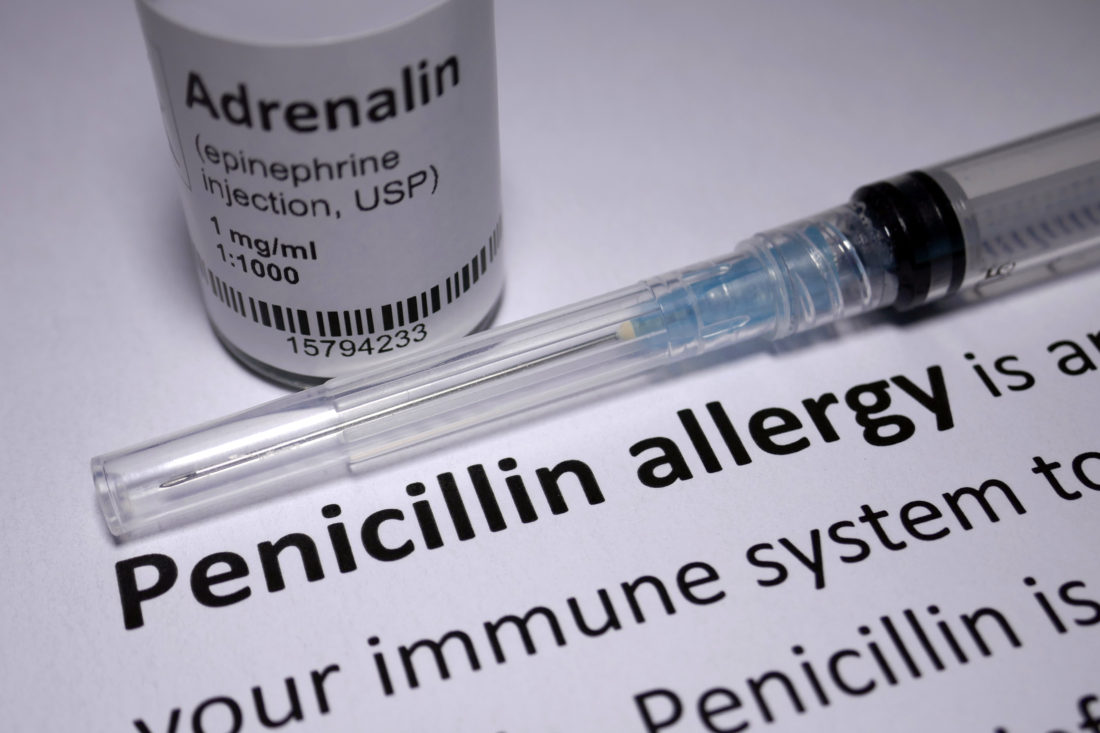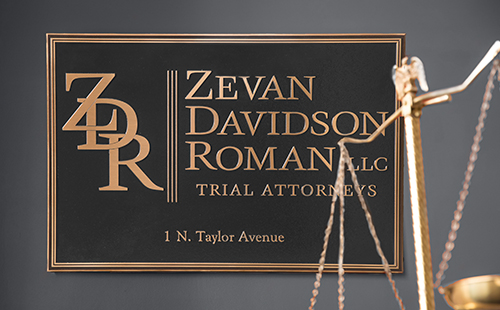Allergic Reactions and Medication Errors: A Legal Perspective on Prevention
The impact of medication-related allergic reactions, such as drug-induced anaphylaxis, can be fast and, potentially catastrophic. It is the responsibility of the healthcare provider to follow strict guidelines prevent these situations.
Drug complications make up the single largest category of adverse events encountered by hospitalized patients, making up approximately 19 percent of all injuries. This is a staggering statistic when you think about how many opportunities exist for medication-related issues. Ultimately, a large portion of these incidents are preventable and caused by failure to prepare for and recognize the signs and symptoms of a medication allergy.
Any time a patient receives a medication, there is potential for a reaction. Healthcare providers must take proper precautions in all areas of patient care to avoid patient injury due to allergies. The common causes of preventable severe medication-related allergic reactions include:
- Incomplete or inaccurate patient records;
- Failure to verify patient allergy information;
- Miscommunication between healthcare providers; and
- Similarly named drugs or medications that look alike.
There are strategies to reduce the potential for preventable medication allergies. These include:
- Obtain a complete and comprehensive history for each patient. During the patient interview, medication
regimen, allergies and the manifestations of allergies, are all critical pieces of information. - Communicate all information about medication allergies to all caregivers throughout the patient’s treatment.
- Verify allergy information during every encounter with a patient. Caregivers who allow themselves to become lackadaisical about proper procedures can create an opportunity for preventable errors to occur.
- Utilizing an electronic prescribing system with allergy alerts will provide an additional safeguard to avoid allergic reactions.
- Continuing education for caregivers is an important part of any organization’s procedures. This education reinforces the crucial nature of policies put in place to prevent medication injuries due to allergies. In addition, it provides education about the potential for cross-allergies between medications.
Medication reactions due to allergies can have grave consequences. It is critical that healthcare providers prioritize communication, documentation, and education, to reduce the possibility of a patient suffering from a preventable severe allergic reaction.
Navigating Your Medical Negligence Case
If you believe you were injured due to medical negligence or a delayed diagnosis, the best first step you can take is to talk to a medical malpractice attorney. Our team will help you navigate your best legal options moving forward.
With decades of experience in medical malpractice, the attorneys at Zevan Murphy are ready to help you find justice. For more information, contact our attorneys for a free consultation today.
Missouri Medical Malpractice Lawyer
If you have suffered as a result of medical malpractice, contact our legal team right away. Waiting to seek legal representation can prevent you from filing a claim and receiving the compensation you deserve.
Contact Zevan Murphy today.

